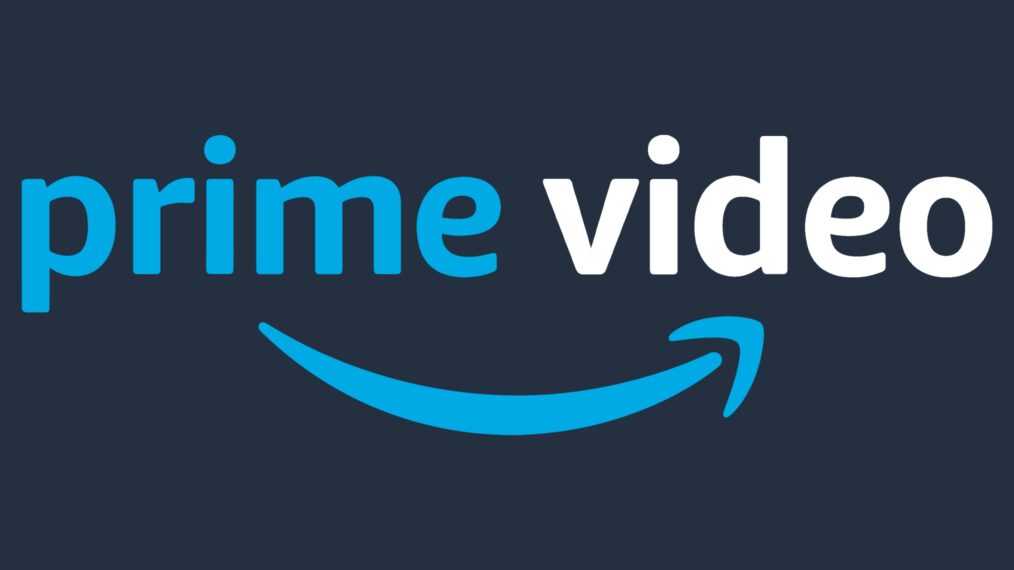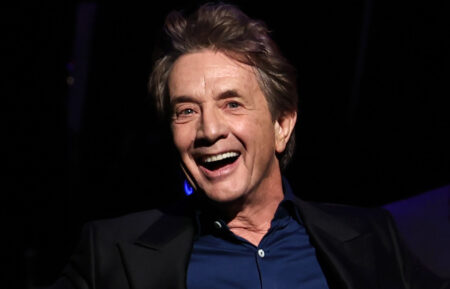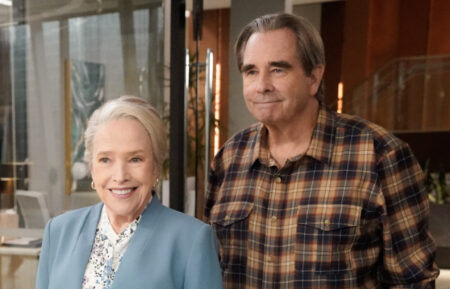Amazon Introducing Ads To Prime Video—But Subscribers Can Pay Extra To Avoid Them

Like most streaming services these days, Prime Video is now introducing ads into its programming beginning next year.
Shows and films on Prime Video will “include limited advertisements,” according to an announcement on September 22. The change will align Prime Video with Netflix and Max, adding ad-supported tiers as companies look for more revenue from its services.
Amazon also said its ads will help it “continue investing in compelling content and keep increasing that investment over a long period of time.”
Details on how long the ads would be, but however did mention that its content will have “meaningfully fewer ads than linear TV and other streaming TV providers.”
If you’re looking for a way to avoid commercials, you will have to pay for it with an additional $2.99 per month next year.
The streaming service is available at no extra cost when bundled with a Prime membership or can be obtained individually for $9 monthly. It provides a selection of third-party content such as movies and TV series and Amazon Original content produced by Amazon Studios. This includes shows like The Boys and Invincible and movies like Manchester by the Sea and The Big Sick.
Streaming services have shifted their focus away from chasing subscribers and are now under pressure from investors to generate revenue from their services, even if it means sacrificing some subscriptions. Consequently, they are either introducing advertisements or raising their monthly fees. In the week of September 18, Disney+ also quietly removed its GroupWatch feature, allowing those with accounts to watch content with each other.
Just last month, Disney+ raised its prices for the second time in less than a year, with the monthly cost of its ad-free plan increasing to $13.99 starting in October, marking a $3 hike. Hulu, a majority-owned subsidiary of Disney, is also implementing a $3 increase, bringing the monthly cost of its ad-free subscription to $17.99.
In July, Peacock, which NBCUniversal owns, experienced its inaugural price increase as well.
From TV Guide Magazine
Behind the Scenes With Gordon Ramsay: 20 Years of Cooking Up TV Hits
The celebrity chef reflects on redefining culinary television and his fiery journey Hell’s Kitchen to Secret Service. Read the story now on TV Insider.











